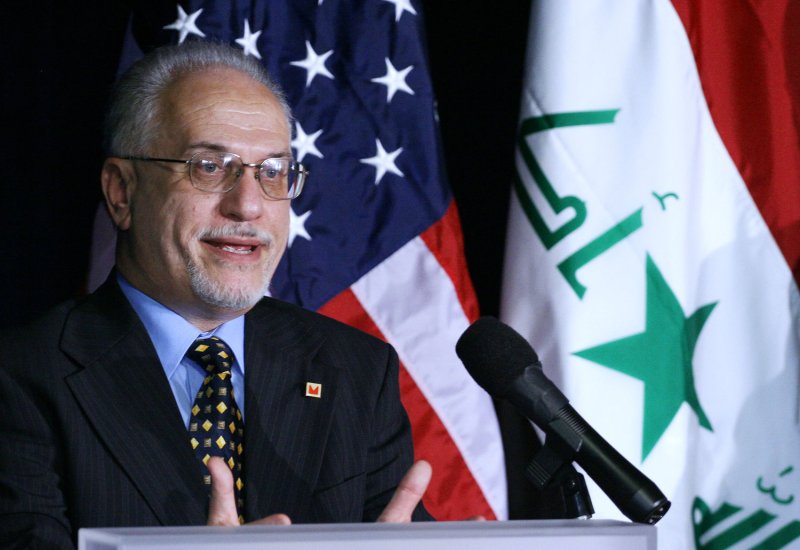BAGHDAD, Dec. 20 (UPI) -- Iraq expects the output of crude oil to increase by about 400,000 barrels of oil per day by early next year, the country's oil minister said.
Iraqi Oil Minister Hussain al-Shahristani told Bloomberg News that he expected a rise in oil output for 2011.















